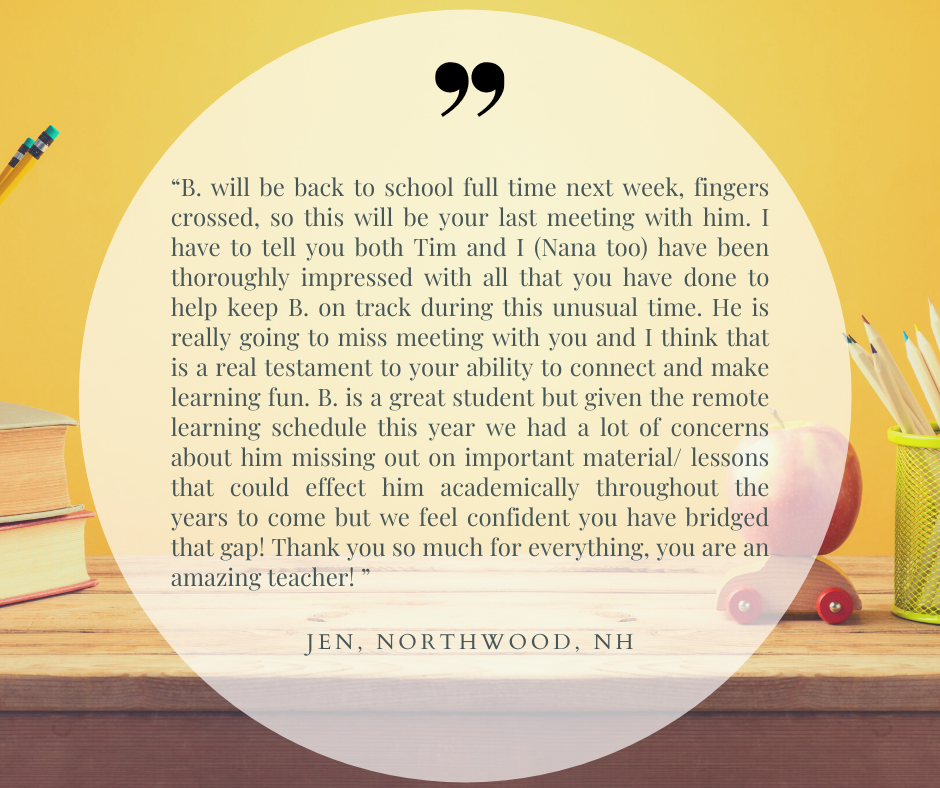When the pressure to succeed is over-shadowing the purpose of learning, help your child understand their personal definition for success.
A student’s mother recently called me with concerns following an unexpected conversation with her son. He’s a hard working student who has earned good grades through persistence, practice and a strong work ethic. That day he was very troubled. He was
disappointed. He was angry. Students in his class, some of whom are friends, had cheated on a test and were also cheating on their papers. Through his hard work he had earned an A, fairly. The others received high A’s. They hadn’t studied and admittedly didn’t know many of the concepts.
Academic cheating is a “thing”
Sadly, this isn’t an isolated incidence. The Educational Testing Service and Ad Council are working to inform parents and educators about the prevalence of this practice. The statistics are alarming. Consider the following:
- In the past, it was the struggling student who was more likely to cheat just to get by. Today, it is also the above-average college-bound students who are cheating.
- 73% of all test takers, including prospective graduate students and teachers agree that most students do cheat at some point. 86% of high school students agreed.
- Cheating no longer carries the stigma that it used to. Less social disapproval coupled with increased competition for admission into universities and graduate schools has made students more willing to do whatever it takes to get the A.
- While about 20% of college students admitted to cheating in high school during the 1940s, today between 75% and 95% of college students surveyed each year report having cheated in high school.
- Cheating isn’t isolated to the older students. Children younger than high school age are also experiencing an increased motivation to cheat.
Children are overwhelmed by pressure to excel. They are choosing perfection over performance because they believe it’s unacceptable to fail and more important to get the grade. This comes with a significant cost to their education and ethics:
- Many of our youth have convinced themselves that cheating is acceptable and can’t see that what they are doing is wrong. They’ve lost their sense of integrity.
- By cheating they aren’t making mistakes and experiencing the thought process that comes with practice and persistence. The iterative process is getting lost.
- When faced with a challenge, they are unable to consider their options and break down the problem to identify possible solutions. They are so laser focused on getting the grade that they believe their only choice is to cheat.
Unfortunately, the Ad Council and Educational Testing Service report that 95% of cheaters don’t get caught and 85% think it’s essential. With little “risk” for punishment, they enter a viscous cycle where cheating becomes their means to get the grades and get ahead. Many students say that they do it to survive. Unfortunately, the lessons along the way are not the ones we learned or that we want our children to learn.
Talk to your kids
Cheating, like so many of the heavy issues we need to address with children, is difficult to raise without it feeling personal. I've always found it effective to address topics like this by referencing a news article or something you heard. You could use some of the points in this article as a way to explore the topic of cheating with your child. This would make it safe for both of you to discuss this important issue together while benefiting from each other's perspective.
The conversation could go something like this…
I heard that cheating is a common practice at schools. This really surprised me.
Have you ever seen this?
See what they say and then, if it fits in the conversation, ask how they feel about their experience and/or share with them how you feel.
Reassure them that you are much more concerned about what they learn than having them achieve a specific grade. Share that you are so sad that these students feel that they need to cheat. Let your child know that you want them to work hard and feel proud about their accomplishments.
Encourage them to think about what success looks like for them. This could be a really fun conversation. It gives them the freedom to dream for themselves and not through the lens of parent expectations.
Model integrity and hard work, they are always watching
As a parent, you are a supporter, nurturer and mentor. You are responsible for helping to build your child’s confidence. The teachers, tutors and other adults in their lives also share this role.
Create opportunities to talk about the challenges you encounter and how you work through them. This doesn’t have to be a direct conversation with your child, you can have this discussion with others while your child is nearby – they hear and see everything.
It’s best to assume that there is always something you don’t know. Raising these important topics and consciously modeling behaviors can make a significant difference in your child’s experiences and their ability to face tough situations. In the absence of these teaching tools, unwanted behaviors, like cheating, can perpetuate and have a lifetime impact. When children cheat they are unlikely to realize their true potential and the gap in their knowledge will continue to grow as they are less involved and engaged. Having a moral compass and the support to define their journey are essential.
It will take all of our efforts to discourage academic cheating and re-instill the same sense of integrity that this woman’s son demonstrated among our collective youth. One of the greatest gifts we can give our children is to teach them that it’s okay to fail. They need to know that they can define and create their success and that the journey and experiences along the way are the heart of their destination.











